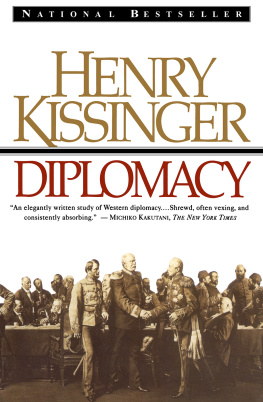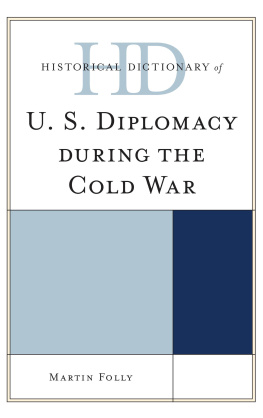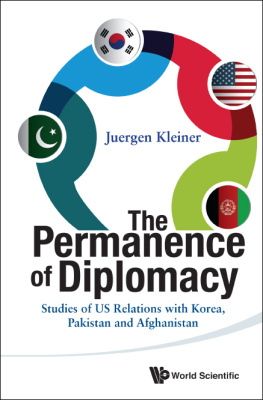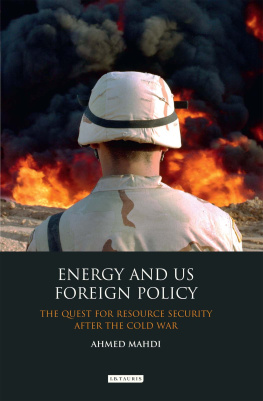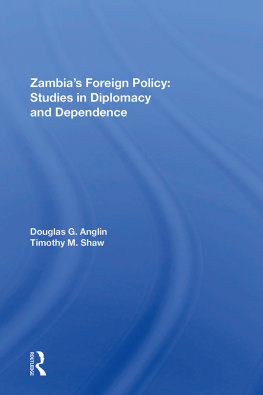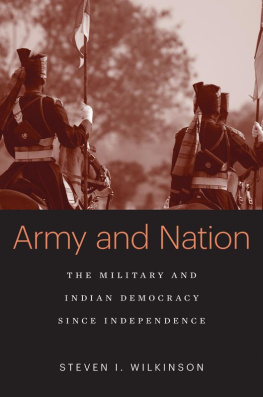Walter M. Hudson - Army Diplomacy: American Military Occupation and Foreign Policy after World War II
Here you can read online Walter M. Hudson - Army Diplomacy: American Military Occupation and Foreign Policy after World War II full text of the book (entire story) in english for free. Download pdf and epub, get meaning, cover and reviews about this ebook. year: 2015, publisher: University Press of Kentucky, genre: Politics. Description of the work, (preface) as well as reviews are available. Best literature library LitArk.com created for fans of good reading and offers a wide selection of genres:
Romance novel
Science fiction
Adventure
Detective
Science
History
Home and family
Prose
Art
Politics
Computer
Non-fiction
Religion
Business
Children
Humor
Choose a favorite category and find really read worthwhile books. Enjoy immersion in the world of imagination, feel the emotions of the characters or learn something new for yourself, make an fascinating discovery.

- Book:Army Diplomacy: American Military Occupation and Foreign Policy after World War II
- Author:
- Publisher:University Press of Kentucky
- Genre:
- Year:2015
- Rating:4 / 5
- Favourites:Add to favourites
- Your mark:
Army Diplomacy: American Military Occupation and Foreign Policy after World War II: summary, description and annotation
We offer to read an annotation, description, summary or preface (depends on what the author of the book "Army Diplomacy: American Military Occupation and Foreign Policy after World War II" wrote himself). If you haven't found the necessary information about the book — write in the comments, we will try to find it.
In the immediate aftermath of World War II, the United States Army became the principal agent of American foreign policy. The army designed, implemented, and administered the occupations of the defeated Axis powers Germany and Japan, as well as many other nations. Generals such as Lucius Clay in Germany, Douglas MacArthur in Japan, Mark Clark in Austria, and John Hodge in Korea presided over these territories as proconsuls. At the beginning of the Cold War, more than 300 million people lived under some form of U.S. military authority. The armys influence on nation-building at the time was profound, but most scholarship on foreign policy during this period concentrates on diplomacy at the highest levels of civilian government rather than the armed forces governance at the local level.
In Army Diplomacy, Hudson explains how U.S. Army policies in the occupied nations represented the culmination of more than a century of military doctrine. Focusing on Germany, Austria, and Korea, Hudsons analysis reveals that while the postWorld War II American occupations are often remembered as overwhelming successes, the actual results were mixed. His study draws on military sociology and institutional analysis as well as international relations theory to demonstrate how bottom-up decisions not only inform but also create higher-level policy. As the debate over post-conflict occupations continues, this fascinating work offers a valuable perspective on an important yet underexplored facet of Cold War history.
Walter M. Hudson: author's other books
Who wrote Army Diplomacy: American Military Occupation and Foreign Policy after World War II? Find out the surname, the name of the author of the book and a list of all author's works by series.

